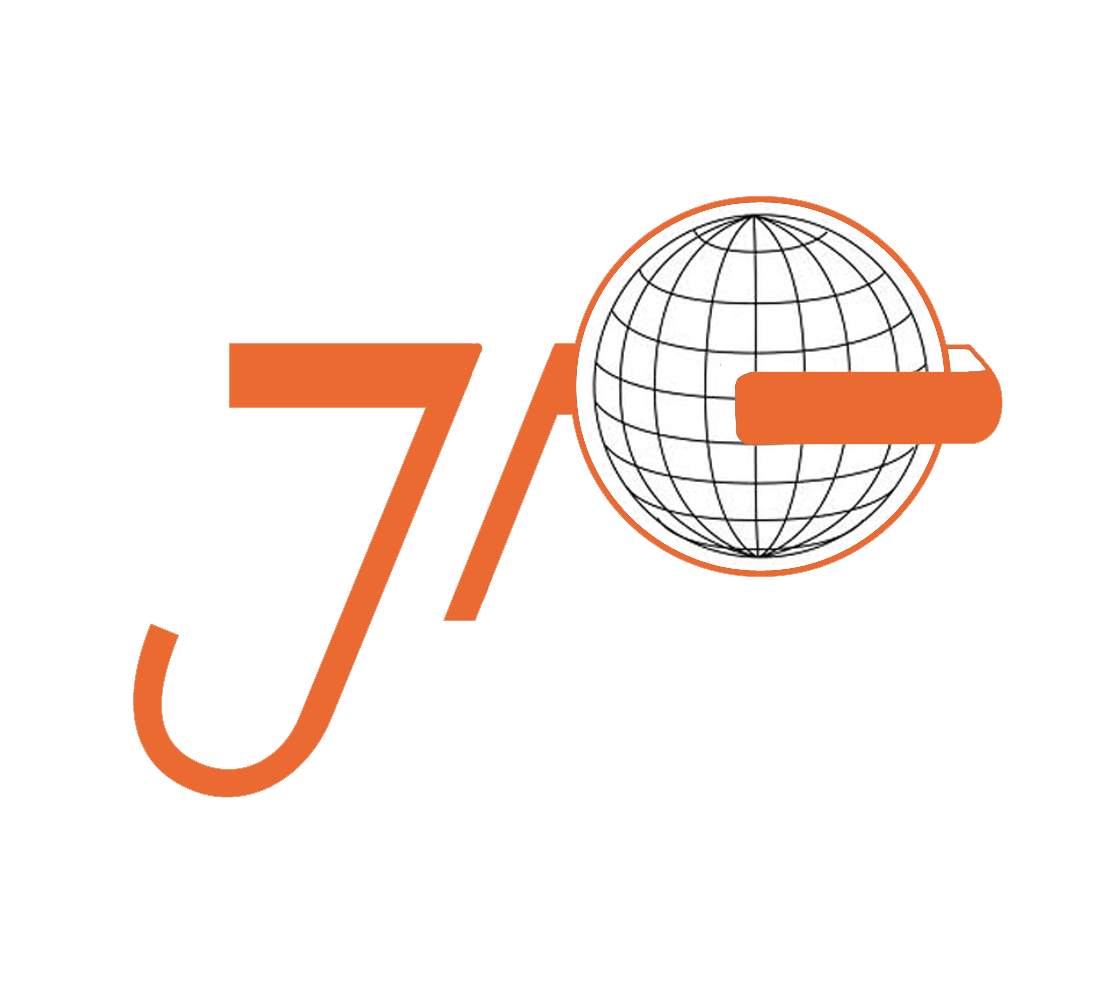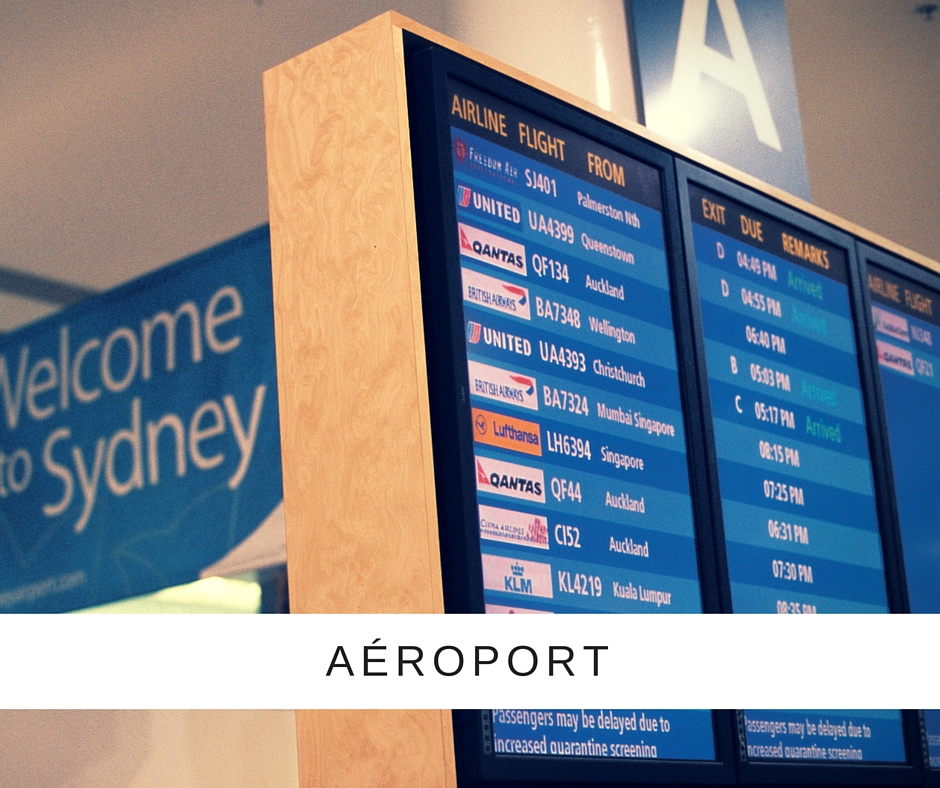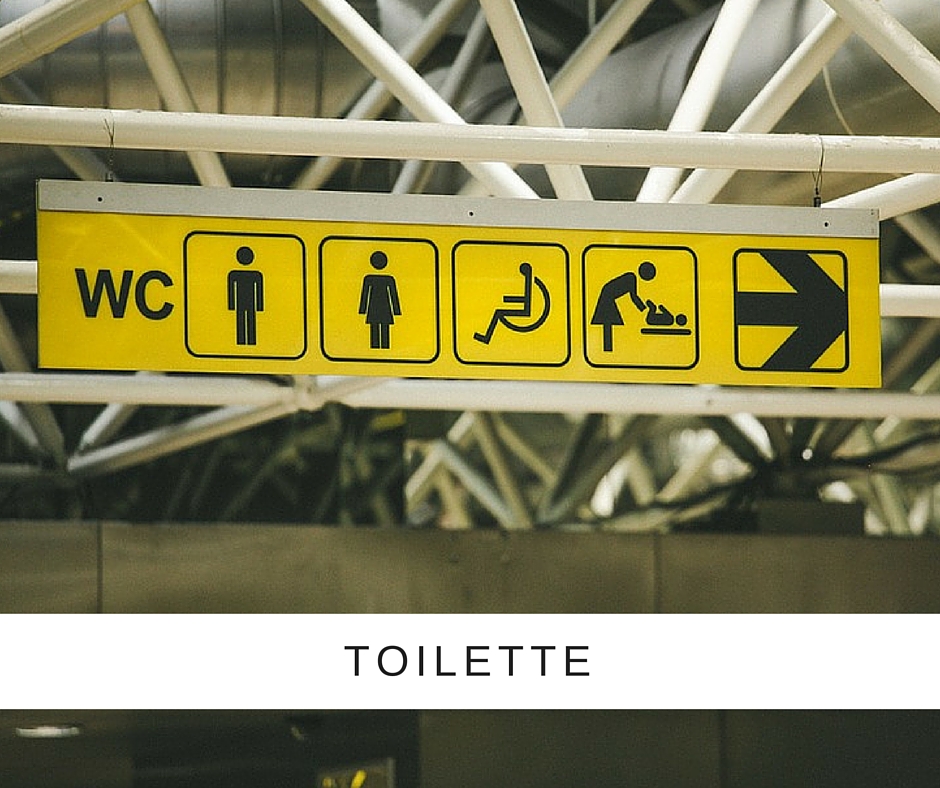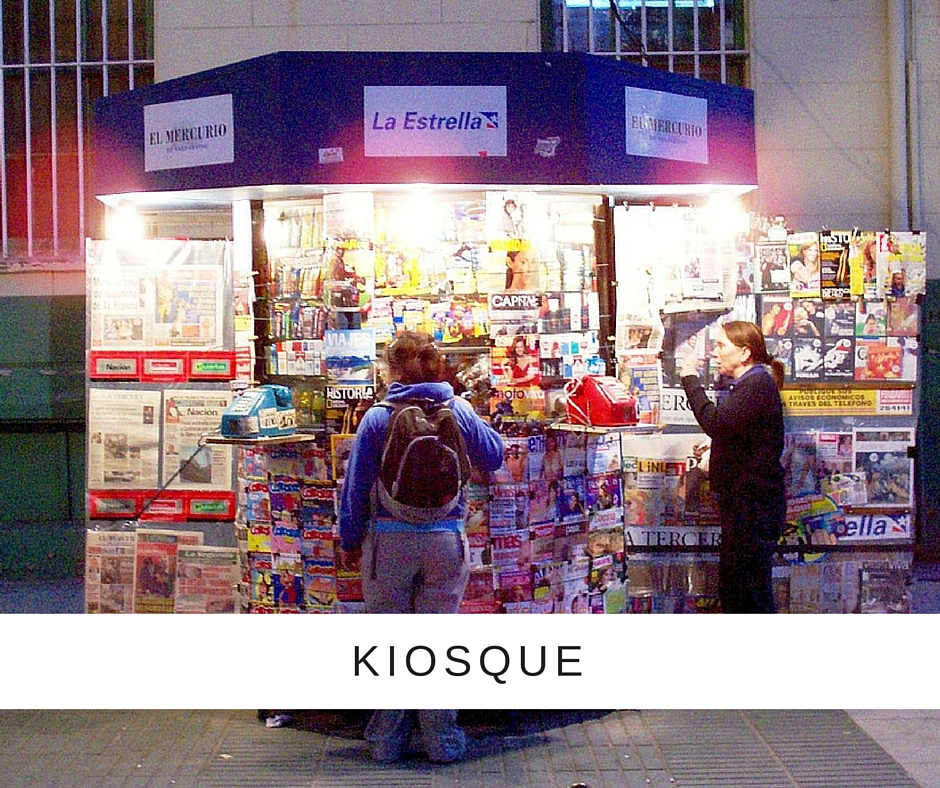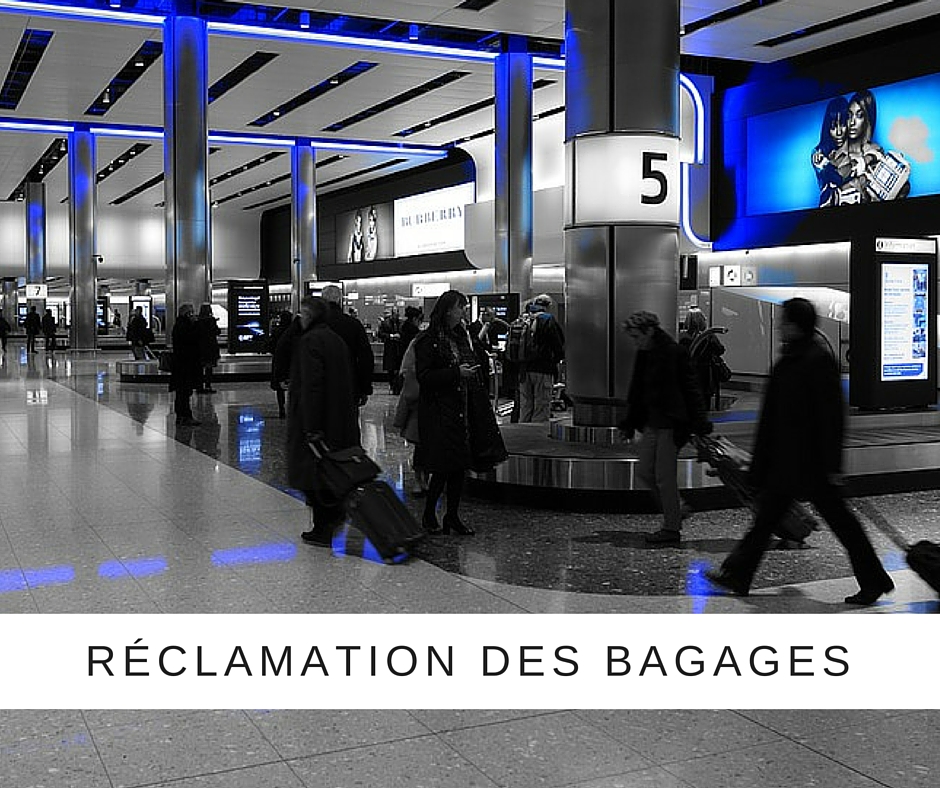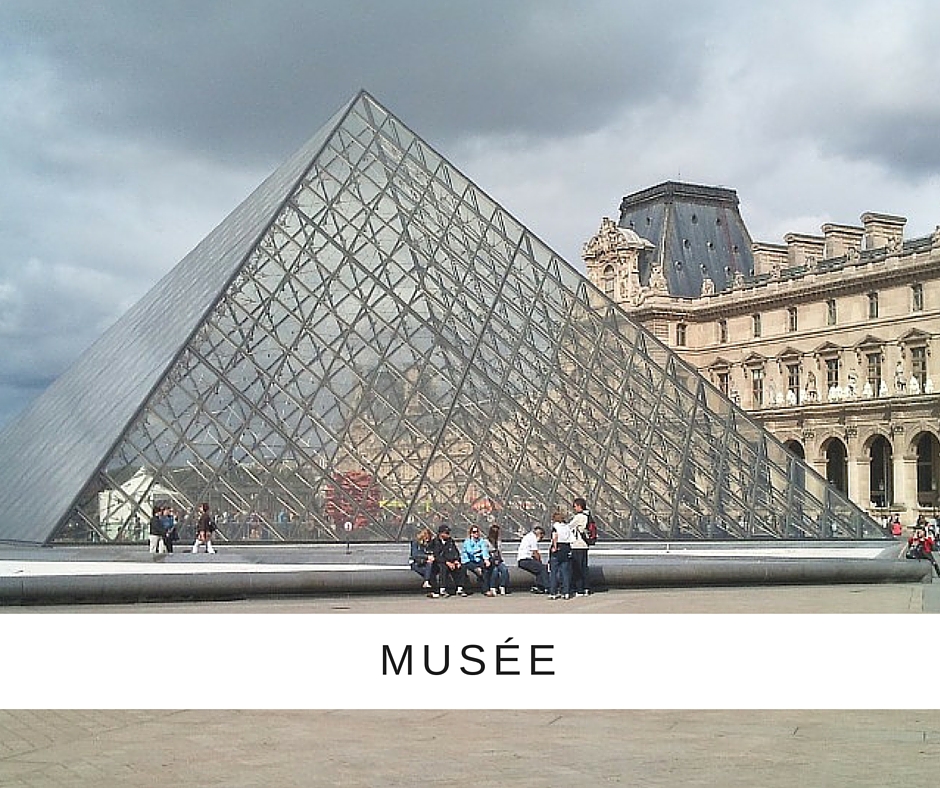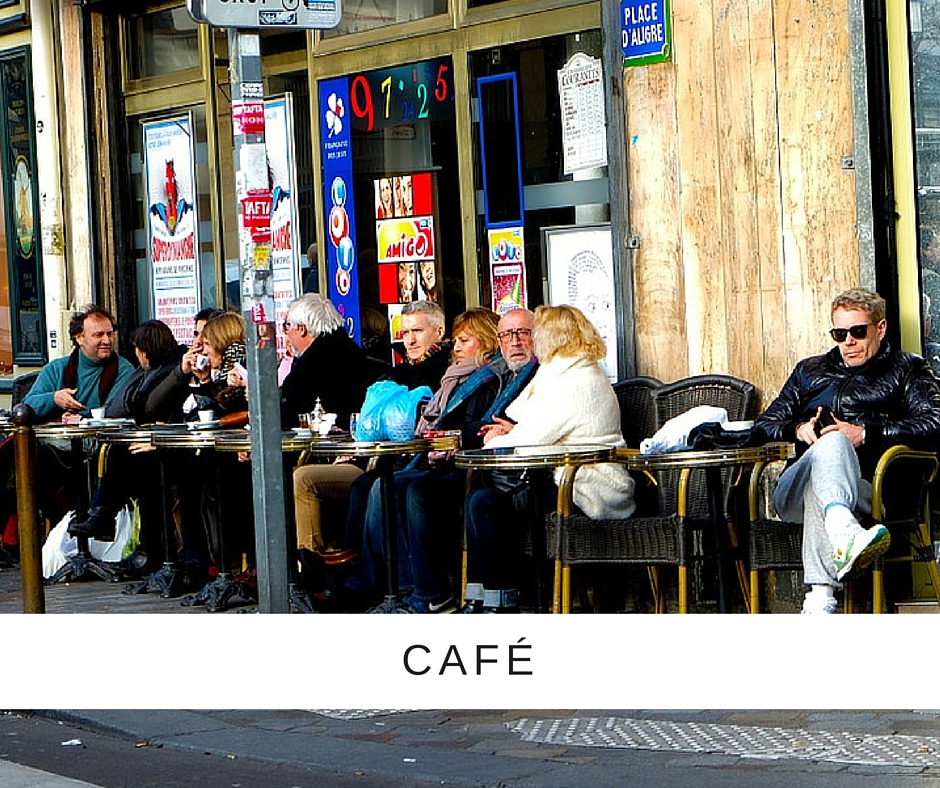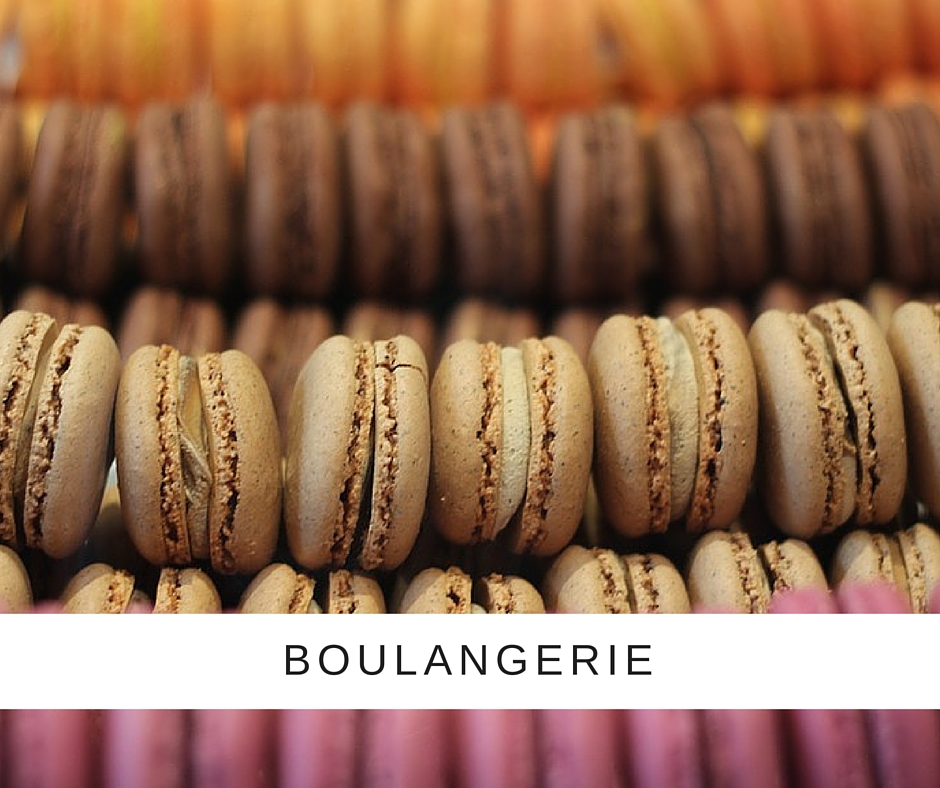
8 French Phrases That Do Not Translate in English
These French words and phrases might not work well with flashcards, but learning them is so worth it.
Learning French is always filled with surprises, especially when some words and phrases do not exist in English. For us, this is one of the most exciting things about learning a foreign language - discovering completely new things we never knew existed. On that note, we wanted to provide a few French phrases and words you may have never heard before but might find inspiring. As you read, imagine incorporating one of these in your next conversations en français. Also, if you know a few that aren't listed, feel free to add it to the comment's section below. Bonne lecture!
"La douleur exquise"
Oh, the romance of the French language! This phrase is both eloquent and rather depressing as it roughly translates to "the exquisite pain." For French people this phrase would be used in reference to the longing for a love that cannot be achieved. Very similar to a Romeo and Juliet scenario. Next time you find your heart aching for something it cannot have, remember this phrase to sum up your expression.
Téléspectateur
It's almost shocking that a word like this does not exist in English as Americans are one of the largest consumers of media on the planet. However, the French came up with a term which describes viewers who are either audience members of a live TV broadcast or are simply watching/listening to TV from their home as a téléspectateur.
"Flâner"
If you've ever been to Europe, you know that long leisurely strolls through city plazas is a common activity for the locals. In French, you may think to describe this with the term 'une promenade' (which means a stroll in English). However, in the 19th century, a new word was created which defined a stroll, more specifically a stroll through Paris, without any particular destination or goal in mind as Flâner. Thus, aimless Parisian pedestrians strolling the city only to enjoy the view became known as Flâneurs.
"Bricolage"
If you are a crafty person, then this French word is for you. It translates to something very similar to do-it-yourself or DIY. Additionally, a bricoleur describes someone like a handyman.
"Ras-le-bol"
This one is perhaps the oddest French phrases of them all which describes an extreme sense of dissatisfaction and frustration. It would be something similar to the English "I've had enough," "I'm through," or "I've had it up to here with..." This is typically the last thing you might hear out of someone's mouth before storming out of a room after a heated discussion.
"Bouffer"
This term is a way to describe how animals eat. It can also be used to impolitely refer to humans, kind of like the saying that someone 'eats like a pig.'
"Retrouvailles"
This rather charming French word describes the ultimate sense of joy experienced when meeting someone you may not have seen for a very long time. If you could see it, it would look like someone jumping up and down and screaming with happiness.
"LoufoQuerie"
In short, this term means craziness. The word and how it came to be is crazy within itself. It's root, louchébem, is a slang term invented by French butchers in the 19th Century who made a sort-of-game out of the French language. For each word, they would move the first consonant to the end, add a standard suffix, then place the letter 'L' at the very beginning. This is something like 'pig latin' or 'gibberish.' To this day, this slang language is still used in France by butchers across the country. The root of this term is indeed just as crazy as its meaning.
Learning French is always surprising and these 8 French Phrases That Do Not Translate in English are just a few of the hidden secrets to becoming more fluent in French. Have other words or phrases you'd like added to this list? Don't forget to post them in the comment's section below & pass this forward to your francophone friends online using #jplingo @jplinguistics. Merci et à bientôt!
French Vocabulary to Use While Traveling
Some useful phrases to know for your next trip to a Francophone port of call.
It is no secret that we are huge fans of traveling! Yes, we are a little biased, but most of our students feel the same. Thus, we thought it would be helpful to put together some French vocabulary that comes in very handy while traveling. Check out all of the tools below (including audio pronunciations) and a quiz at the end. We hope you can utilize the helpful tips on your next trip abroad. Bonne Voyager!
Preparing For The Trip
Yes, traveling is inspiring. You might imagine sipping a warm coffee amidst the cobblestone streets of Paris and just the mere thought brings a smile to our faces. But, in order to make this journey a pleasant reality, the key is in the preparation. This means packing and planning accordingly, thinking ahead and strategizing. So, we shall focus on the verb Préparer or To Prepare. To keep things simple, I have included the conjugations for this verb in the present tense only. Take a look at the chart below and try saying the words aloud.
To make sure you are pronouncing the words correctly, I have included an audio guide below. This recording is from Jean-Philippe, one of our native French instructors at JP Linguistics. Take a listen and try to saying the conjugations aloud with Jean-Philippe.
Now that we are familiar with the conjugations of Préparer, let's try building a sentence. In order to do this, we need some more vocabulary which I have included in the images below. Take a peek at some of the terms such as Le Passport, Des Gants, and Un Pull and try saying the words aloud.
Now we can build a few sentences using the Je or 'I' form using the conjugations above. Instead of using the other forms (Tu, Il/Elle, etc), we'll just keep it simple with the Je form throughout this article. The format for building the sentence looks like this:
SUBJECT + VERB + (PREPOSITION) + NOUN
Here are a few sample sentences. Try reading these and saying them aloud. Below is an audio guide to help. It repeats each sentence twice.
1. Je prépare le sac (I prepare the bag)
2. Je prépare mon passport (I prepare my passport)
3. Je prépare mon appareil photo (I prepare my camera)
4. Je prépare mon portable pour le voyage (I prepare my cell phone for the trip)
5. Je prépare des lunettes pour mon voyage (I prepare glasses for my trip)
Your turn! Try making a few sentences using the new vocabulary above.
It's Time to Go
Now that you have packed your bags and are ready for your trip, it's time to go. Thus, we shall focus on the verb Aller or To Go. This is a very common and useful verb to know in French. However, it is an irregular verb, so the conjugations might look strange compared to other French verbs. Take a look at the conjugations and try saying them aloud. Then try memorizing them. To help you, I have included an audio guide just below the verb chart.
The next step is for us to look at a few nouns we can imagine ourselves going to. This will help us to build a few sentences to practice. Take a look below and see if you recognize these places. Then, try saying their names aloud.
Now it's time for us to build some sentences to practice. Again, we will use the Je or 'I' form only in the present tense, using the sentence structure below. To help guide you, listen the audio recording below which includes each sentence repeated twice:
SUBJECT + VERB + (PREPOSITION) + NOUN
1. Je vais à la gare (I go to the train station)
2. Je vais aux toilettes (I go to the toilet)
3. Je vais à la sécurité de l'aéroport (I go to the airport security check)
4. Je vais au kiosque (I go to the newspaper stand)
*notice the à la /au/aux in each sentence. It's important to always include the articles before the noun.
Now it's your turn! Try making a few sentences using the vocabulary above.
You Made It
Now that the you have come to your destination, you can sit back and relax. This is the time when you can enjoy arriving to the location you have dreamed of for so long. So, we shall focus on the verb Arriver or To Arrive. Take a look at the conjugation chart below and trying saying it aloud using the audio recording just beneath it as a guide.
Now we can use a few more vocabulary nouns to help us build some practice sentences. Take a look at the images below and try saying their names aloud.
Wonderful! Now, let's build a few sentences in the Je form, present tense. We can use the following sentence structure as a guide along with the audio recording for pronunciation recognition:
SUBJECT + VERB + (PREPOSITION) + NOUN
1. J' arrive à mon hotel (I arrive at my hotel)
2. J' arrive à la boulangerie (I arrive at the bakery)
3. J' arrive au café (I arrive at the cafe)
4. J' arrive chez* mes parents (I arrive at my parent's house)
* Notice the preposition chez to indicate people's house.
Now it's your turn! Try forming a few new sentences by using the vocabulary above.
We hope you enjoyed reading French Vocabulary To Use While Traveling. More importantly, we hope you can use some of these new vocabulary tips on your next trip to France! Please feel free to share this with your friends and family and include some of your favorite French travel phrases in the comments below. If you are looking for Private French Lessons or French Group Classes taught by native instructors, please visit JP Linguistics for more information!
Now, let's test the knowledge you have just learned with a little quiz. How many of these sentences can you translate correctly? Try your best not to scroll up. Once you click the 'Traduire' button below, the correct answers will be revealed. Ready, set, go!
